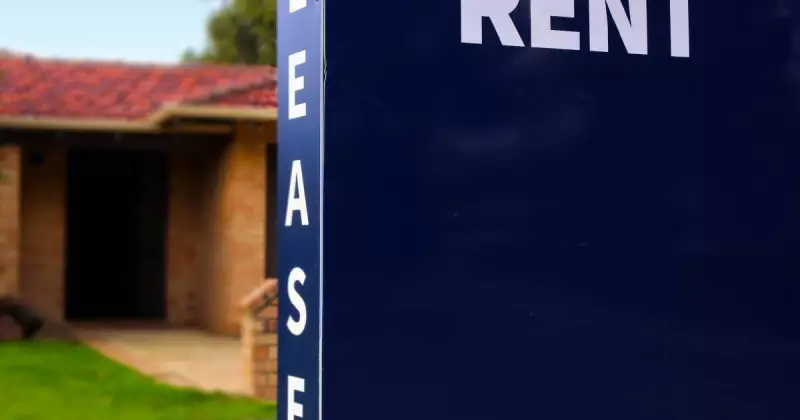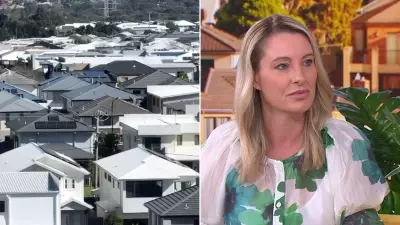
New South Wales renters are facing a double blow in the current housing crisis, with alarming new data revealing certain suburbs are hotspots for bond disputes that cost tenants hundreds of dollars when moving out.
Bond Blackspots: The Worst Offenders
The latest figures from NSW Fair Trading paint a concerning picture for tenants in specific postcodes. Windale has emerged as the state's worst suburb for bond disputes, with more than 64 percent of renters having part or all of their bond withheld in the last quarter of 2025.
Landlords and real estate agents in Windale retained almost 59 percent of the total bond amount, averaging $920 per tenant. This represents a significant financial setback for residents already struggling with rental affordability.
The second hardest-hit area was postcode 2321, covering Clarence Town, Cliftleigh, and Butterwick, where tenants lost bond money at an average of $769 each.
Widespread Bond Losses Across Hunter Region
The problem extends well beyond these top two locations. Numerous Hunter suburbs are seeing between one quarter and one third of renters losing their bonds.
Barnsley recorded a 33 percent bond loss rate, while Cessnock and Weston both saw 30 percent of tenants facing bond deductions. Other affected areas include Nabiac, Carrington, Hawks Nest, and Morisset, all with bond loss rates of 25 percent or higher.
The data covers the most recent three months of NSW Fair Trading bond information, highlighting the residential suburbs where tenants are most likely to forfeit part or all of their security deposits.
Deepening Rental Affordability Crisis
This bond issue compounds existing challenges in the Hunter rental market, which has been classified as 'severely unaffordable' according to the latest Rental Affordability Index (RAI).
Many renters in the region are spending up to 60 percent of their income just to keep a roof over their heads. The Hunter has experienced the third highest annual rental increase in NSW, with average rents jumping 8.1 percent in the past year to exceed $600 per week.
The rental vacancy rate dropped below 1 percent in September, creating extremely competitive conditions for tenants.
Real Estate Institute of NSW CEO Tim McKibbin noted that landlords are leaving the market following recent rental law changes. These reforms included ending 'no grounds' evictions, banning unreasonable refusal of pets in rentals, and capping rent increases to once per year.
"As I've toured around the state, I've not spoken to any property managers where they have said that their book of management has gone up," Mr McKibbin said. "But what we also know is that the number of people looking for rental property is going up. Our population is increasing constantly."
The combination of rising rents, low vacancy rates, and frequent bond disputes creates a perfect storm for Hunter region tenants, highlighting the urgent need for solutions in Australia's ongoing rental crisis.





